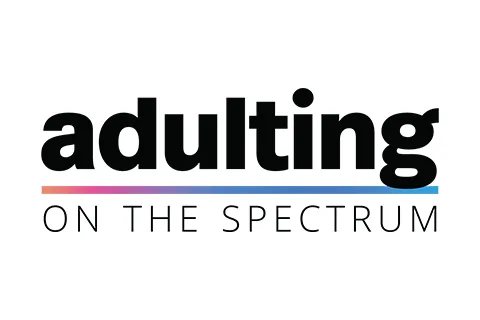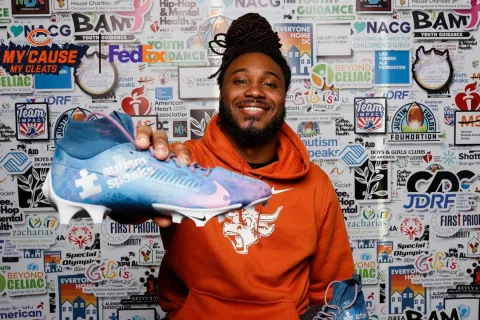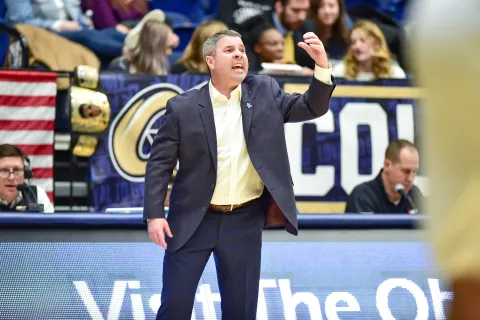Aledmys Díaz shares why he supports the cause
The Oakland Athletics infielder dons mismatched batting gloves for his six-year-old son who is autistic
You can't help but notice current Oakland Athletics infielder Aledmys Díaz's mismatched batting gloves. He does this to spread his message that it is ok to be different.
He does this for his six-year-old son is autistic and to raise awareness about autism.
This April, Bruce Bolt is teaming up with Autism Speaks and Canopy Children’s Solutions to donate a percentage of Batting Gloves sales to both non-profits. From April 1 through April 7, for every glove sold on the company’s website, Bruce Bolt will donate $1 each to Autism Speaks and Canopy Children’s Solutions.
Díaz answered some questions for Autism Speaks on why he wanted to get involved.
You are wearing mid matched Bruce Bolt batting gloves. What is the meaning behind that?
Using different colors batting gloves was an idea that a great friend of mine, Ignacio Torras, had. It is about giving a message of inclusion and diversity as human beings so that people with autism, Down syndrome, etc. are accepted and understood in our society. It is my way of saying that even if we look or act differently, we are all special, it’s important to create and support spaces for these children and their families so that they can reach their full potential and that they can have the support of the corresponding institutions so they can achieve the goals in life.
Autism awareness and support for services has specific importance to you. Why?
As a parent of a child diagnosed with autism, I know how important early intervention is and what a long-term difference it can make in the adult lives of children and families who are counseled early and have access to therapies.
Autism Speaks and Canopy are dedicated to helping families with autistic children. Do you have any thing to say about the organizations?
Autism Speaks and Canopy organizations are an example of the difference that early intervention can make in children and families, giving children and parents the tools to face the obstacles that daily life can be for these children, who often do not know how to react in situations of the daily life and through therapies and daily work can have these tools to self-regulate and manage their emotions in different situations, in addition to preparing children for their insertion into society.









